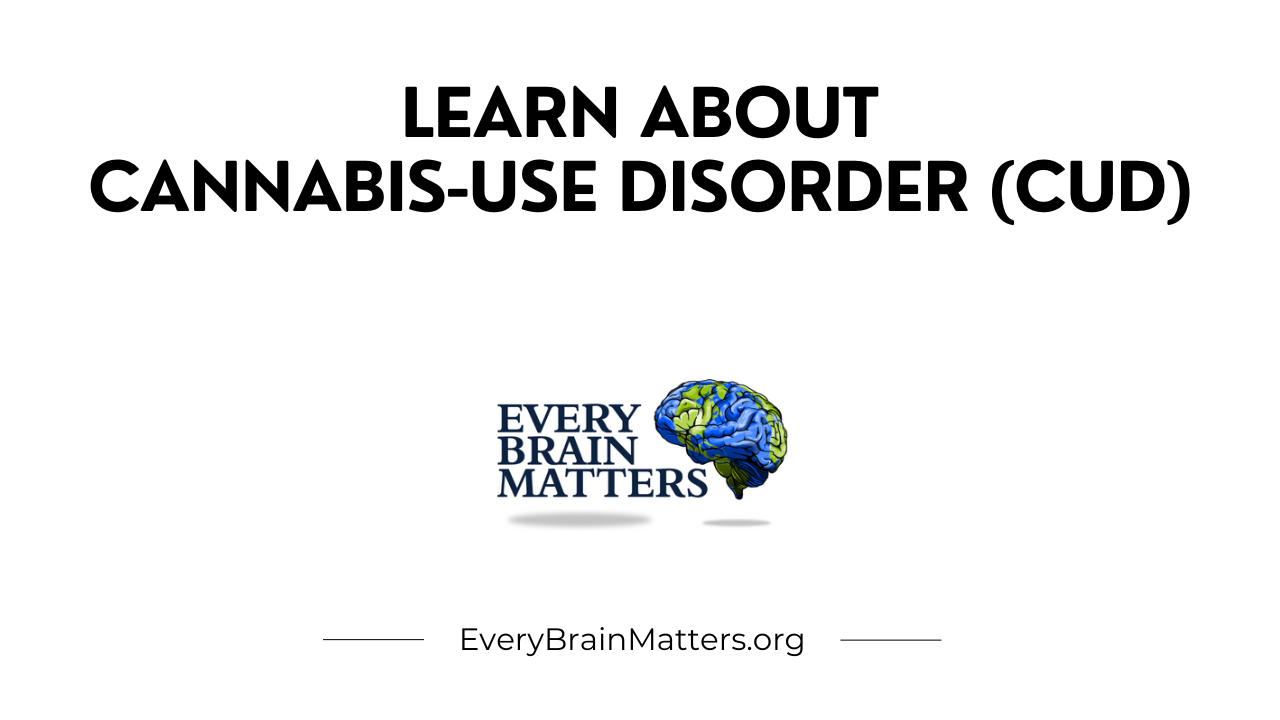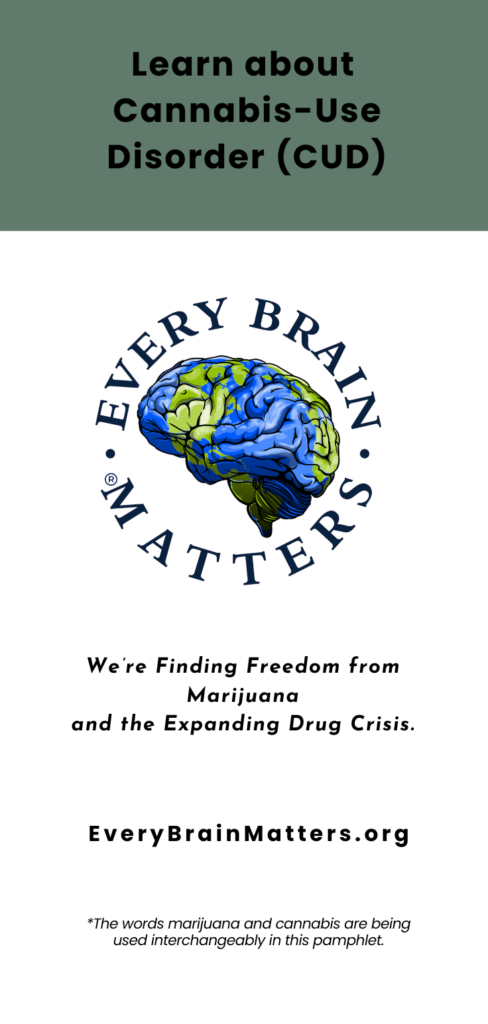What is CUD, Cannabis Use Disorder?
The continued use of cannabis despite significant negative consequences on a person’s life and health. It’s also known as an addiction to or dependency on THC (Tetrahydrocannabinol), the primary drug in the cannabis plant.
Symptoms of Cannabis Use Disorder:
- Use for at least one year.
- Using more significant amounts over an extended period
- Failed efforts to discontinue or reduce the use
- Spending a considerable amount of time seeking or using cannabis or recovering from the adverse effects of cannabis
- Cravings
- Continued use despite negative consequences
- Using cannabis or the desire to use it is more important than work, school, hygiene, and responsibilities to family and friends.
- Use of cannabis during activities like driving and operating heavy equipment
- Continued use despite physical and psychological problems
- More significant amounts of cannabis are needed to get the desired effects
- Withdrawal symptoms
Mild CUD – 2 to 3 symptoms
Moderate CUD – 4 to 5 symptoms
Severe CUD – 6 or more symptoms
Do people experience withdrawal symptoms?
Yes, some people do have withdrawal symptoms, which can include the following:
- Irritability Anger/aggressiveness
- Anxiety Sleep disturbances/nightmares
- Decreased appetite Restlessness
- Depression/suicidality
- Abdominal pain Fever/chills/sweating
- Headache
- Tremors/shakiness
- Increase psychotic symptoms
Symptoms usually begin within the first 24 hours, peak by day 3, and last up to 2 weeks. Increased use and more recent use can impact the severity of withdrawal.
Why are more people becoming addicted to marijuana?
Increase in potency/concentrations of THC in marijuana products Increased accessibility Decreased perception of risks or harms Normalization and commercialization.
How long will marijuana users test positive after cessation?
Chronic daily smokers can produce detectable levels of THC and its metabolites months after their last intake.
Since THC is fat-soluble, it is suggested that it may be released from adipose tissue at various times.
This high lipophilicity (fat-soluble) explains why withdrawal is a slow onset.
Other factors, such as its physical/chemical form, route of administration, genetics, and consumption of alcohol, influence how long the level of THC is detected in the body.
https://www.ncbi.nlm.nih.gov/books/NBK538131/
For help, please talk to your doctor and/or Marijuana Anonymous.


